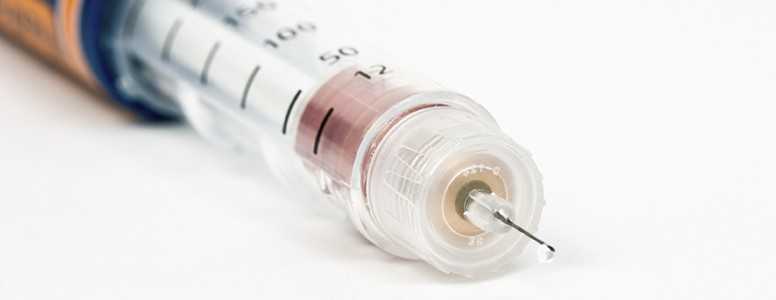A US study suggests that using newer analogue insulins may not offer significant benefit over older human insulin for people with type 2 diabetes.
A research team from the Yale School of Medicine in America compared long-acting analogue basal insulin to older human isophane insulin, known as Neutral Protamine Hagedorn insulin (NPH insulin).
Basal analogues are genetically altered to deliver insulin at a more consistent rate than NPH insulin. In previous studies, basal analogues have shown to be effective at preventing low blood sugar levels (hypoglycemia) in people with type 1 diabetes and the researchers were keen to test whether a similar effect applied in people with type 2 diabetes.
The trial involved following insulin users with type 2 diabetes over an average of 1.7 years, with researchers noting hospital visits related to hypoglycemia episodes and any changes in their HbA1c levels.
Lead author Kasia J. Lipska, M.D., assistant professor of medicine at Yale School of Medicine, explained: “We found that for patients with type 2 diabetes in usual practice, the use of the more expensive analogue insulin did not appear to result in better safety – at least as defined by hospital or emergency visits for hypoglycemia – or better blood sugar control compared with NPH insulin.
“This suggests that many people with type 2 diabetes should consider starting with NPH insulin, instead of insulin analogues, especially if cost is an issue for them.”
In the US, the cost of each form of insulin is significant. A vial of insulin analogue costs between $200 (£150) to $300 (£227); in comparison, a NPH vial costs just $25 (£19). The huge insulin price hike in recent years in the US could be directly impacting how some people manage their condition, so these findings could be significant when considering treatments for patients.
In the UK, the cost is covered by the NHS and thanks to the NHS’s stronger spending power, the price of insulin is not as high as it is in the US.
Andrew J. Karter, senior research scientist with the Kaiser Permanente Division of Research, added: “We found no population-level evidence to suggest that the extra expenditure is warranted for most people with type 2 diabetes, particularly when the high cost could prevent some of them from getting the treatment they need or divert resources away from other, potentially beneficial clinical interventions.”
The findings have been published in the Journal of the American Medical Association.






